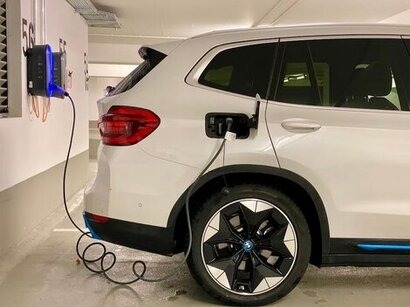
The test suite of the Charging Reliability Index consists of 3 categories:
Reliability of Charging Start
Reliability of Charging Process
User Communication and Prevention of Errors
The first edition of the Index has come back with the following results, the key learnings from which can be summarised as follows:
On average, the tested vehicles only score 68 percent within the EcoG Charging Reliability Index
This mirrors the relatively low charging reliability of, for example, 80 percent in North America that is substantially below the 99.99 percent operational reliability rate that is common in other industries
For example, test on plug locking: 50 percent of EVs do not inform users about avoidable plug locking errors in the charging preparation phase
Another example, test on Control Signal Quality: Two out of ten cars show high damping of the control signals resulting in an unreliable charging process with random interruptions.
EcoG is calling for all OEMs to participate in the Charging Reliability Index, and will test the reliability of any EV that is put forward for the assessment.
To make the reliability of the EV charging process measurable, the EcoG test team developed the Charging Reliability Index based on their field experiences of technical failures during charging sessions. The index consists of a range of tests that have been implemented to accurately evaluate the charging interface of EVs, measuring how reliably they can initiate a charging session and sustain charging for the required time. The tests also include an analysis of how well charging interfaces communicate errors to the user in an attempt to circumvent charging failures.
For years, “range anxiety” - the concern drivers have around the maximum range of their EVs - presented one of the biggest obstacles to mass EV adoption across the world. The industry has worked relentlessly to alleviate this, offering more range through increased battery capacities and advancements in charging power.
However, in recent years, range anxiety has been replaced by charging anxiety. 6 percent of charging attempts, or 2,000 charging sessions in Germany alone, run into technical failures. According to a study by J.D. Power, at least one in five electric charging attempts fail.
“Questions remain about charging reliability” said Joerg Heuer, EcoG CEO and Co-Founder, and former Professor at the University of Passau. “Will I be able to charge my car when the battery is low? How often will my car fail to charge? These questions have not been addressed by standard charging test procedures, which is why we’ve produced this Index to test the reliability of today’s range of available EVs. Failed sessions occurring even at low rates seriously impact the way EVs are perceived by consumers. Considering the millions of sessions that take place every day across public and private charging stations, the need to track reliability and drive improvements is clear.”
For additional information:

